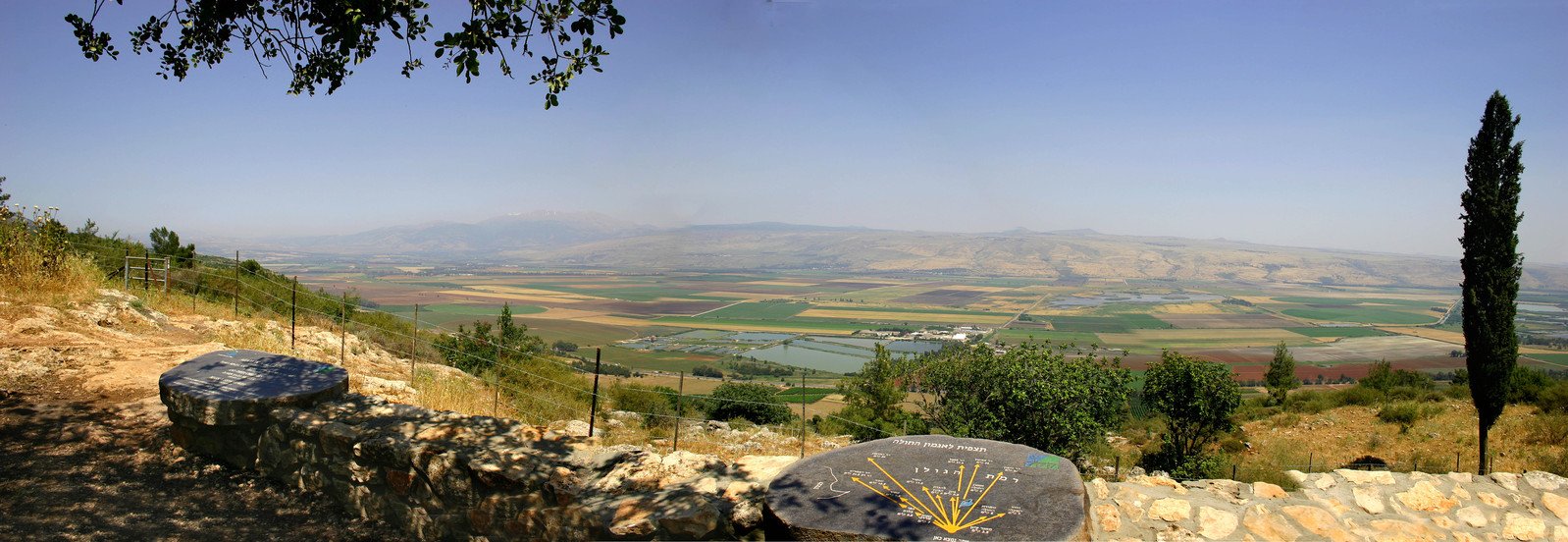
When I was young, I enjoyed counting my baseball cards over and over. Repeatedly counting something demonstrates how precious it is. That collection was valuable to me, especially, since it included baseball great Mickey Mantle. I wish I knew where my collection was now.
Counting plays a pivotal role in this week’s Torah portion of Pinchas (Numbers 25:10-30:1). God once again commands the Jewish people to take a census. Our sages explain that the repeated counting of the Jews was God’s way of showing how precious they are to the Almighty.
God also instructs Moses to divide the Land of Israel by lottery among the families and tribes of Israel.
Then something interesting happens. The five daughters of Tzelafchad petition Moses that they be granted the portion of the land belonging to their father, who died without sons. God accepts their claim and incorporates it into the Torah’s laws of inheritance.
There is an argument that Jesus can’t be the Jewish messiah because the New Testament claims that he did not have a physical father. If that was true, it would create an insurmountable problem. The Messianic king can only be from the tribe of Yehuda, as it says in Genesis 49:10, and tribal membership is inherited solely through male descendants, as it says, "Then they registered their ancestry in their families by their fathers’ household" (Numbers 1:18).
Missionaries like to quote the story of Tzelafchad’s daughters to demonstrate that inheritance does not pass exclusively from father to son.
However, Tzelafcha’s situation existed only to ensure that tribal land did not transfer into the possession of another tribe before that land was allocated.
Later, the family heads of the clan of Manasseh raised a concern to Moses.They argued that if Zelophehad's daughters married men from another Israelite tribe, then their share would be lost to the tribe of Manasseh and would be added to the portion of the tribe into which they married.
So, Moses, inquires of God what to do and then instructs the Jews that the plea of the tribal leaders was correct and that Zelophehad's daughters “may marry anyone they wish, but only someone from their father’s tribe” (Numbers 36:6). Once the land was conquered and settled, there was no longer a concern that land would be transferred, so, the restriction of marrying only into the same tribe was lifted.
This ruling clearly demonstrates that tribal membership is only transmitted through male descendants and refutes the missionary argument.
Although tribal membership is important, it is not as essential to Jewish spirituality as is one’s Jewishness, which is solely determined by one’s mother. This is clearly demonstrated in Ezra 10:44, where the children of a Jewish father and non-Jewish mother are not considered to by members of the Jewish people.
May this Shabbat provide opportunities to connect to the spiritual essence of our soul, our eternal inheritance.
Shabbat Shalom,
Rabbi Bentzion Kravitz